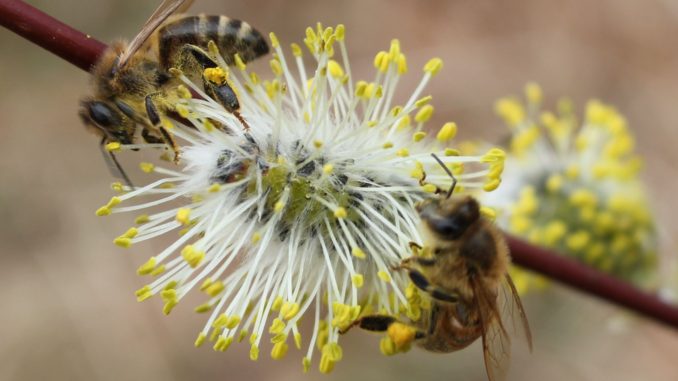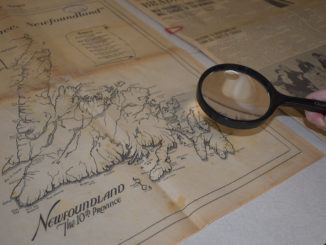Homegrown honey may be on the horizon for some residents as city considers changing its regulations to permit urban beekeeping.
Anthony Sparrow
Kicker
Mount Pearl council may amend its current bylaws to allow homeowners to keep bees. The proposal sets a limit of two hives per property. It also restricts beekeepers to a specific type of hive and sets a minimum fence height and distance from other properties.
A public consultation meeting is scheduled for Tuesday evening at city hall to give people an opportunity to voice their opinion on the proposal. The council will take any feedback collected from the briefing session into consideration before putting the amendment to a vote.

Jim Locke is Mount Pearl’s deputy mayor and co-chairman of the city’s planning and development committee. A high school teacher with a background in environmental management, Locke has strongly supported the idea to regulate beehives as part of the city’s plan to promote food security, urban agriculture initiatives and protect its green spaces.
“The residents of Mount Pearl have a pride in the environment through the community gardens that we saw taking off,” Locke said. “So this beekeeping (proposal) was just another extension of nature and residents linked with nature.”
Mount Pearl studied other municipalities across Canada and worked with experts at the Newfoundland and Labrador Beekeeping Association to determine the best strategy for establishing its own guidelines.
Catherine Dempsey has been the association president since November. Dempsey praises Mount Pearl’s progressive stance towards regulating beehives. She says clear regulations prevent disputes and lead to good relations between neighbours. Because many municipalities have no specific rules about beekeeping, beekeepers can feel left in a grey area without any protections.
While there are only four commercial honey producers in the province, Dempsey notes local interest in beekeeping as a hobby is growing rapidly – especially in urban areas. She says this is further proof of a need for more regulation.
According to Dempsey, one of the reasons why beekeeping has become more popular is that Newfoundland’s bees, due to their isolation on the island, are free from the diseases and parasites that have decimated international bee populations.
Locke acknowledges beekeeping in a residential area can cause anxiety or concern, but he points out that bee hives are common in cities all over the world.
Locke encourages Mount Pearl residents to attend the upcoming briefing session, listen to the information being presented and share their own views with council.
For her part, Dempsey maintains that education is the best way to dispel fears about beekeeping.
“I can’t see anything bad about keeping bees,” she said with a laugh. “You would very seldom know that your neighbour’s bees were around until, all of a sudden, you got way more strawberries than you ever had.”




Be the first to comment